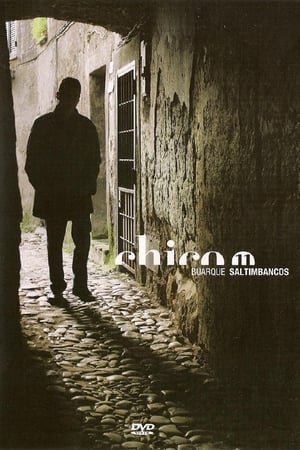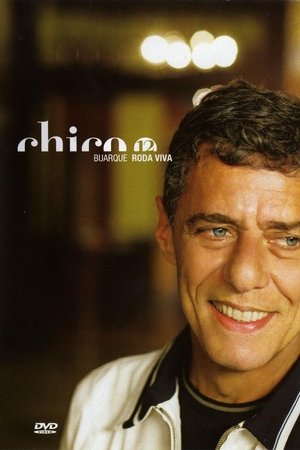
Gállok(2018)
A troubled nature photographer risk his family and himself in the fight against a mining project in the Nordic wilderness, when he faces strong political and economical forces, local rivals and a Sámi collective that hesitate to accept him as one of them.

Movie: Gállok
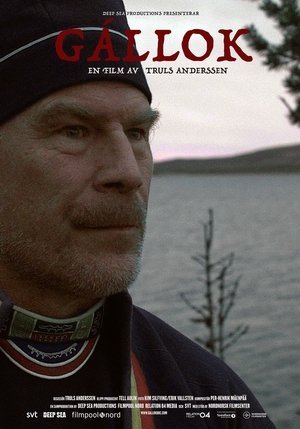
Gállok – kampen i Sameland
HomePage
Overview
A troubled nature photographer risk his family and himself in the fight against a mining project in the Nordic wilderness, when he faces strong political and economical forces, local rivals and a Sámi collective that hesitate to accept him as one of them.
Release Date
2018-08-16
Average
0
Rating:
0.0 startsTagline
Genres
Languages:
Keywords
Similar Movies
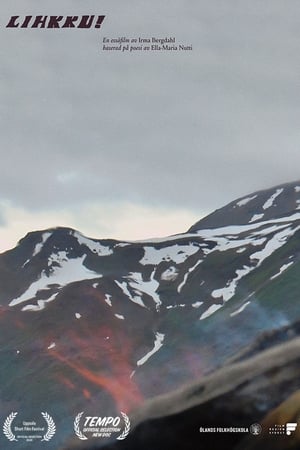 0.0
0.0LIHKKU!(sv)
An essay film about how it may feel to grow up as a young Sami in Sweden, with poetry written by Ella-Maria Nutti and graphics by Irma Bergdahl. The partying of a typical teenager together with the labels put on you that wont go away, the questions which are thrown on you as knives in the back. A tribute to our ancestors who fought for our rights and a declaration of love to the young Samis who continues to fight
Minority Within a Minority(se)
Ritni Pieski wishes it was easier for Sámi queer youth to grow up in their community. In this short film, Pieski addresses the lack of representation and information about queer people and rights within the Sámi people.
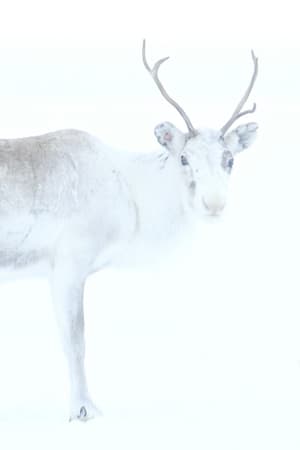 0.0
0.0Spirit of the Reindeer(sv)
The third and final part of a trilogy based on Arctic creation myths. The film is a multifaceted tissue weave of myths and traditions reflected in the symbiosis between reindeer, human and landscape.
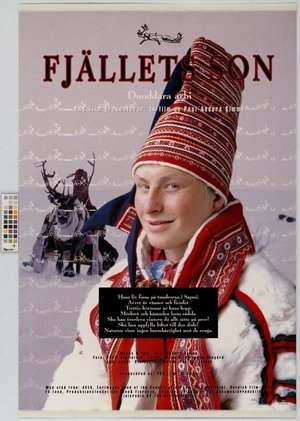 5.5
5.5Duoddara árbi(sv)
There's a funeral in Sapmi. The dead is the father of 17-year old John-Andreas. He now remembers what his father told him shortly before his death. Will John-Andreas manage to take over? It's tough to continue, when reindeers keep disappearing.
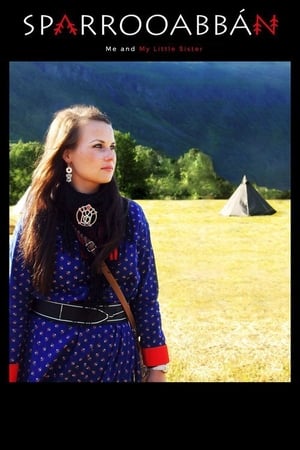 4.3
4.3Me and My Little Sister(fi)
Loving someone of the same gender is frowned upon in Sami communities. Sparrooabbán (Me and my little sister) shows what it’s like to be a minority within a minority. Suvi describes how her little sister Kaisa wishes to be accepted as she is. Like her sister, Kaisa is a Sami, but also in a relationship with a woman, and she also works as a deacon. There are obviously more constricting communities in the film than only one.
The Gállok Rebellion(sv)
A movie about the struggle in Gállok, a struggle against british Beowulf Mining Plc. For clean water and a mine free Sápmi.
The Secret Helpers(no)
In the north country there are helpers. People with special gifts and abilities. In the Sámi heritage they have existed for centuries. They healed, relieved pain and stopped bleeding. And much more. The good helpers are still here. Out there in our modern world, they are hidden, sometimes hard to find - but not gone. What kind of knowledge do they possess - is it a gift, or could anyone learn how to heal?
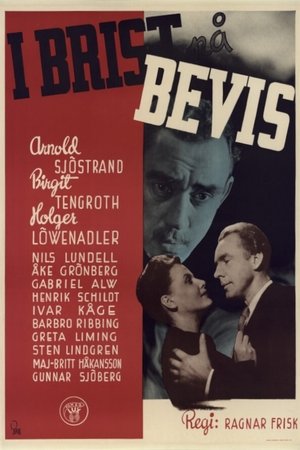 4.0
4.0I brist på bevis(sv)
A drama about the manager Håkan Dahlin who has just been discharged from a clinic where he was treated for his alcoholism. In an outbreak of jealousy, Dahlin abuses his wife Inga and after that he is forcibly interned again. Inga is a nurse and she is now moving to a mountain village to work at a district clinic. During an emergency visit, she encounters her childhood sweetheart, the doctor Gunnar, and old feelings between them begin to flare up again.
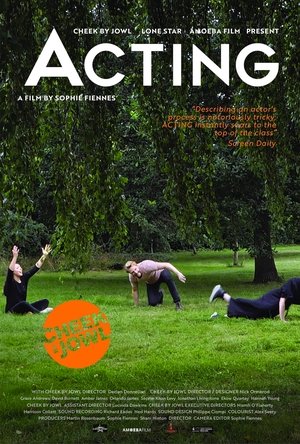 0.0
0.0Acting(en)
In an old castle, theatre director Declan Donnellan leads a dozen young actors as they work on Shakespeare’s Macbeth. His insights unlock their imagination and help them find their own way through this challenging text.
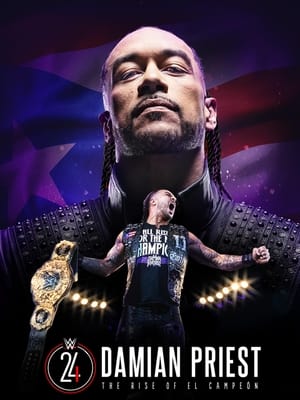 8.0
8.0Damian Priest: The Rise of El Campeon(en)
This documentary chronicles his inspiring path to becoming the reigning World Heavyweight Champion. Since winning the Men’s Money in the Bank Ladder Match last year and cashing in his MITB contract on Drew McIntyre at last at WrestleMania XL, Priest has been a force to be reckoned with. He has defended his championship against McIntyre, “Main Event” Jey Uso, and Seth “Freakin” Rollins, making his mark in the WWE universe.
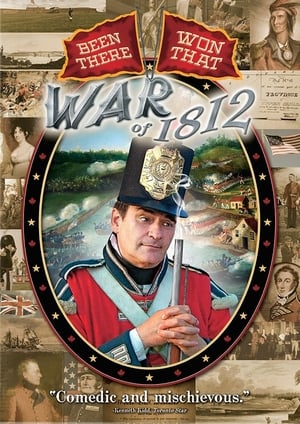 0.0
0.0War of 1812: Been There, Won That(en)
Who really did win the war of 1812? This war has been called a lot of names - a strange war, a senseless war, even a silly war. But it changed the course of our history and helped create Canada It is an epic conflict that determined the fate of a continent and the tragic destiny of its first peoples.
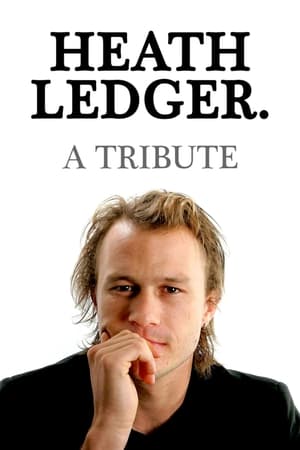 10.0
10.0Heath Ledger: A Tribute(en)
On January 22, 2008, the entertainment world was rocked by news that one of its brightest young stars had unexpectedly died. This film is a commemorative special dedicated to the life and works of this complex and unique talent who died before his time.
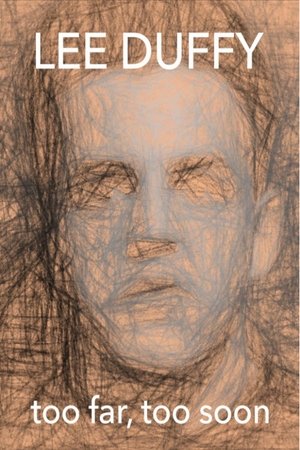 0.0
0.0Lee Duffy: Too Far, Too Soon(en)
Lee Duffy was one of the most feared men in the North East of England until his reign of terror came to a brutal end. Lee's motto in life was to "live by the sword and die by the sword", something that inevitably came true on August 25th 1991, at 3.55am. The name Lee Duffy is firmly embedded in Teesside gangland folklore and to this day, his name still carries the impact that it did all those years ago when he was walking the streets. This new documentary brings you into the world of Lee Duffy and is told by the people who knew him most including associates, friends, enemies, the police, a double life prisoner and a true crime author.
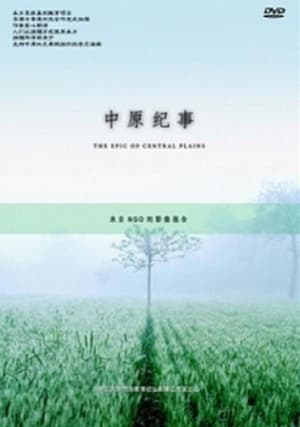 7.0
7.0The Epic Of The Central Plains(zh)
In the late 1980s and early 1990s, in an attempt to stop the spread of AIDS, the Chinese government sought a “purer” blood supply from its rural population. Burdened by agricultural taxes and rising costs of education and health care, many peasants sold blood to state and private blood-collectors. Due to lack of sanitary control, a large number of blood-sellers were infected with HIV. Starting from the mid-1990s, AIDS villages multiplied.
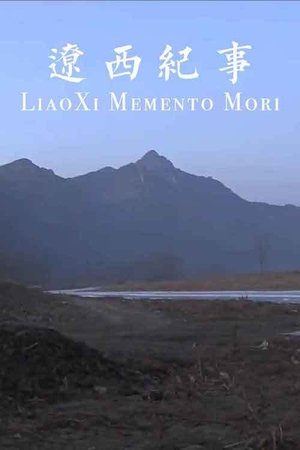 0.0
0.0Liaoxi Memento Mori(zh)
In 1959, a group of intellectual “Rightists” from colleges and universities in Shenyang, and criminals from prisons, arrived in the desolate area of western Liaoning Province. They wanted to build a railway here for a mine. Taking the fate of Yin Shaoyao, a lecturer at Liaoning University, as its focus, this film records this group’s experience of being labelled as rightists, of “Reform through Labour”, of being starved, and killed. Their personal files reveal the details of their transformation: their personalities encouraged them to betray each other, incriminating materials were put in their files, and their political lives were destroyed. Ideological reformation killed their spirit, while physical labour and hunger destroyed their bodies. The film also records how people who resisted were suppressed and what happened to people’s humanity in this most cruel of environments.
 0.0
0.0Passion & Poetry: Sam Peckinpah's War(en)
A documentary about Sam Peckinpah's "Cross of Iron," shot in Yugoslavia in 1976.
 6.7
6.7The Big One(en)
The Big One is an investigative documentary from director Michael Moore who goes around the country asking why big American corporations produce their product abroad where labor is cheaper while so many Americans are unemployed, losing their jobs, and would happily be hired by such companies as Nike.
